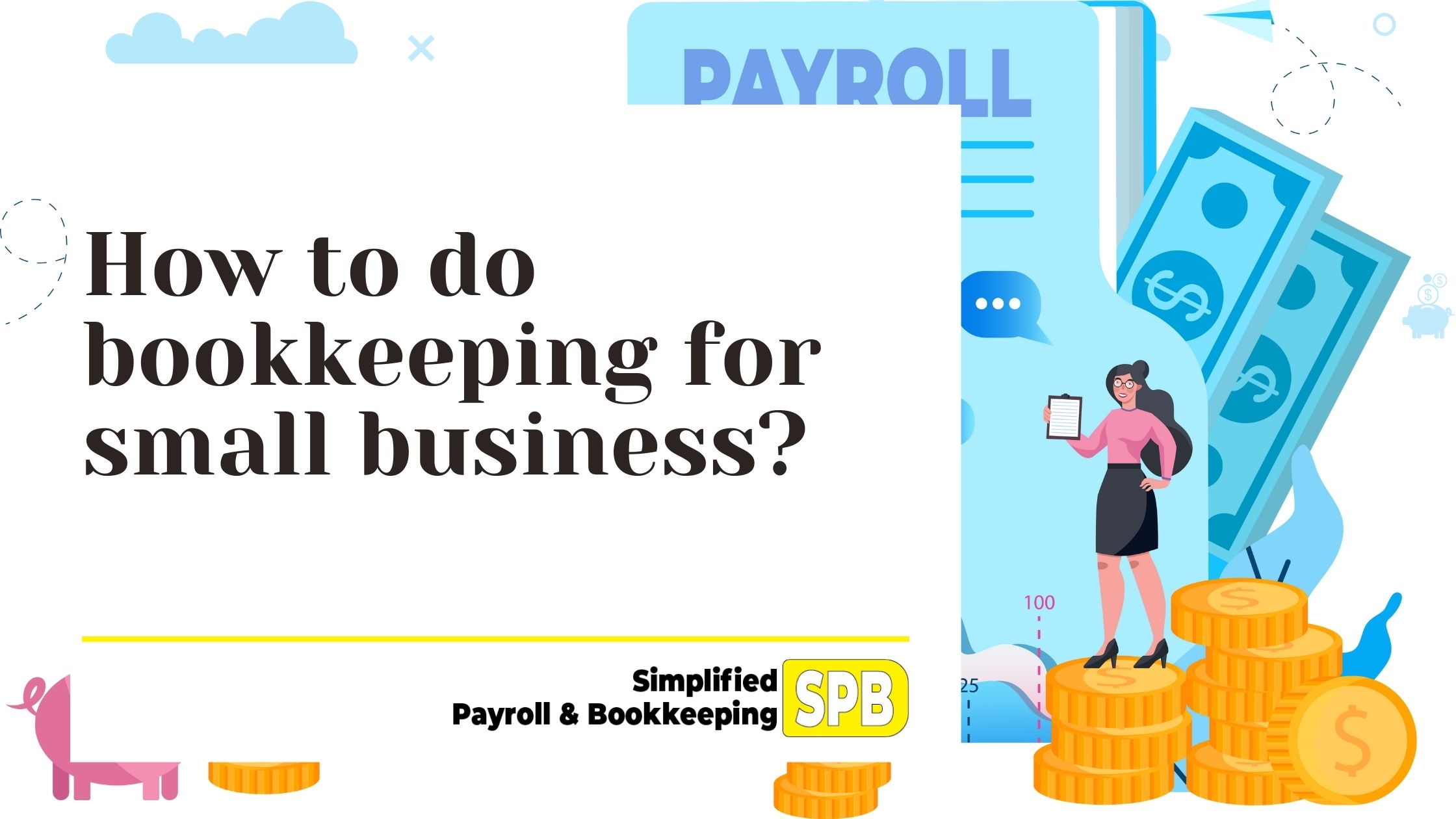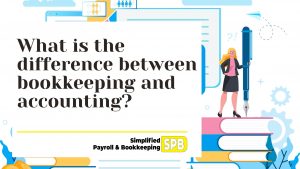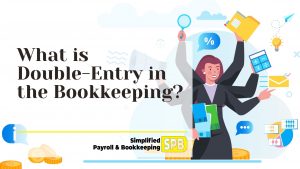How to Do Bookkeeping for My Small Business? – Bookkeeping Tips for Small Businesses
What is Bookkeeping?
Bookkeeping is the recording and summarizing of financial transactions undertaken by a business. The activity reduces or eliminates problems with unclear or non-existent records and ensures that all taxes are paid on time.
Like any other form of accounting, bookkeeping is not as simple as it sounds; it involves analyzing and interpreting large amounts of information to produce reports that summarize the financial health of an organization at specific times within a year (or fiscal cycle).
The need for accurate accounting records is greater now than ever before. This is because those businesses that keep their assets and expenses identified and organized will be much easier to run than those that do not. If money can be appropriately allocated, managers will make informed decisions faster and thus be able to react quickly when necessary.
Accountants are constantly used in all business types, from small to large multinational corporations, because they provide a level of “objectivity” that many managers lack.
In the US, companies must file a form 1120 with the Internal Revenue Service each year by filing it no later than three and a half months after the end of its fiscal year. This allows the IRS to assess taxes for any given year at 15% above normal rates. Due dates vary from state to state.
Other forms will have to be filed for organizations outside of the United States – for example, an annual return form in India summarizes all transactions undertaken during a given tax year.
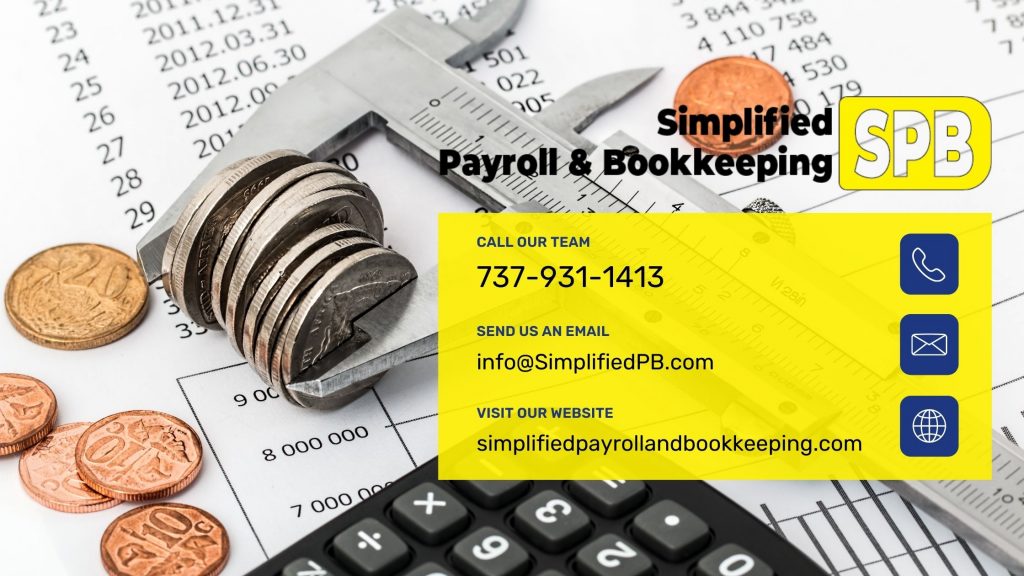
So, now you know what a bookkeeper does. Check our services:
At Simplified Payroll and Bookkeeping, our service list includes;
How to do bookkeeping for my small business?
It is essential to get your bookkeeping right. It helps you stay on top of things and can help minimize the chances of falling into a tax trap.
It’s not too tricky to get your bookkeeping right, but it does need some care and attention. Here are some valuable tips that will help make sure how to do bookkeeping for small business goes according to plan.
Set Up a New Business Account
If you have started a new business venture, then all of the money you earn should be going into an account dedicated to the new business only. This is because if there is any confusion with spending from other accounts or having records show up in more than one place, this could lead to trouble further down the line when you file your tax return.
Separate Funds for Tax Purposes
It’s essential to make provisions for any potential tax bill you might get in the future. This means making sure you set aside enough money every year so that if a tax negotiation becomes necessary, you can handle it without fear of going bankrupt because of back taxes.
Always Organize Your Records
The better organized your bookkeeping records are, the easier it will be for you to enter them into your computer system when all the information is complete and verified. This can take time, but it should always be done at the end of every month.
For example, if one supplier has sent their monthly invoice via email or special software, this should be logged in manually with an Excel spreadsheet before being saved and emailed to the supplier.
Now you know what a bookkeeper does – Contact us:
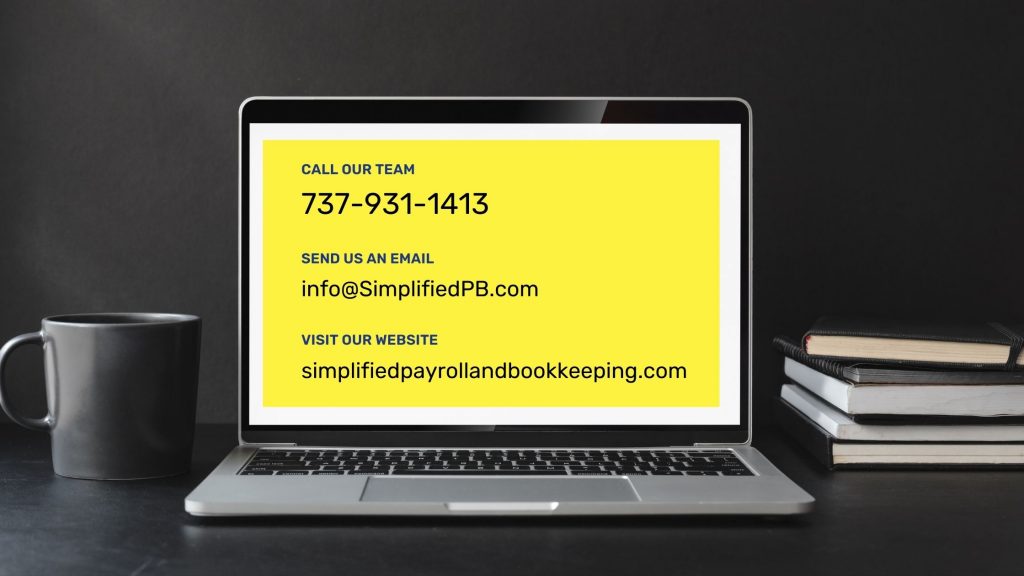
Record Expenses Properly
It would be best if you kept a careful eye on all of your business expenditure, as this can significantly alter how much tax you will have to pay or whether you will be due a refund at the end of each financial year.
Always make sure everything is appropriately recorded so it doesn’t interfere with other budgeting activities such as planning for equipment purchases or deciding what you should invest in next to improve revenue.
Keep Daily Records
If possible, try to stay on top of things by keeping detailed records every day when small purchases are made instead of waiting until the end of each month when they might become mixed up with payments related to invoices sent out by suppliers. This may not always be possible, but it can help you prepare for tax returns or account audits.
Leave an Audit Trail
An audit trail is a set of documents that allow anyone who reads them to come to the same conclusions about how your business works and operates, no matter how long they spend on this task.
If you’ve ever bought anything from Amazon, think of the little messages under some products that say ‘customers who bought this item also bought’ – these are leaving an audit trail.
Be Updated on All Accounts Receivable
It’s essential to keep updated on all accounts receivable. Please make sure everything is recorded correctly, so there are no problems when it comes to filing your taxes during the next financial year. Also, make sure debts are collected quickly, so money is not being wasted on interest payments.
Always Remember Tax Deadlines
It’s important to stay mindful of all upcoming tax deadlines so you can be prepared for them by having all relevant records ready and filed away correctly. This will ensure that everything is sorted out without too much trouble at the end of each financial year or when you prepare your next set of accounts – whichever comes first!
Get a Software
There’s no need to wait for the government deadline. The sooner you start using some program or software, the better your chances of staying on top of things and keeping your financial records organized.
You can even go paperless by signing up for an online accounting service that automatically does it all for you. This makes life easier as everything is done from within one place. It’s like having your very own accountant that you can access anywhere.
All you need to do is log in and check your records.
Educate Yourself About Making Tax Digital
If you are just starting with bookkeeping, it might be worth speaking with an accountant who specializes in this field to help get things right from the offset before there’s any chance of something going wrong. It could also save you a lot of time and effort later down the line.
Conclusion
Bookkeeping for small businesses is a necessary process. Small business owners who neglect to keep solid, up-to-date records can suffer greatly.
The most crucial part of bookkeeping is correctly categorizing income and expenses to avoid taxation obligations and penalties. It is also beneficial to ensure that all necessary documentation has been recorded accurately if an issue such as litigation should arise.
Contact Simplified Payroll and Bookkeeping today!

